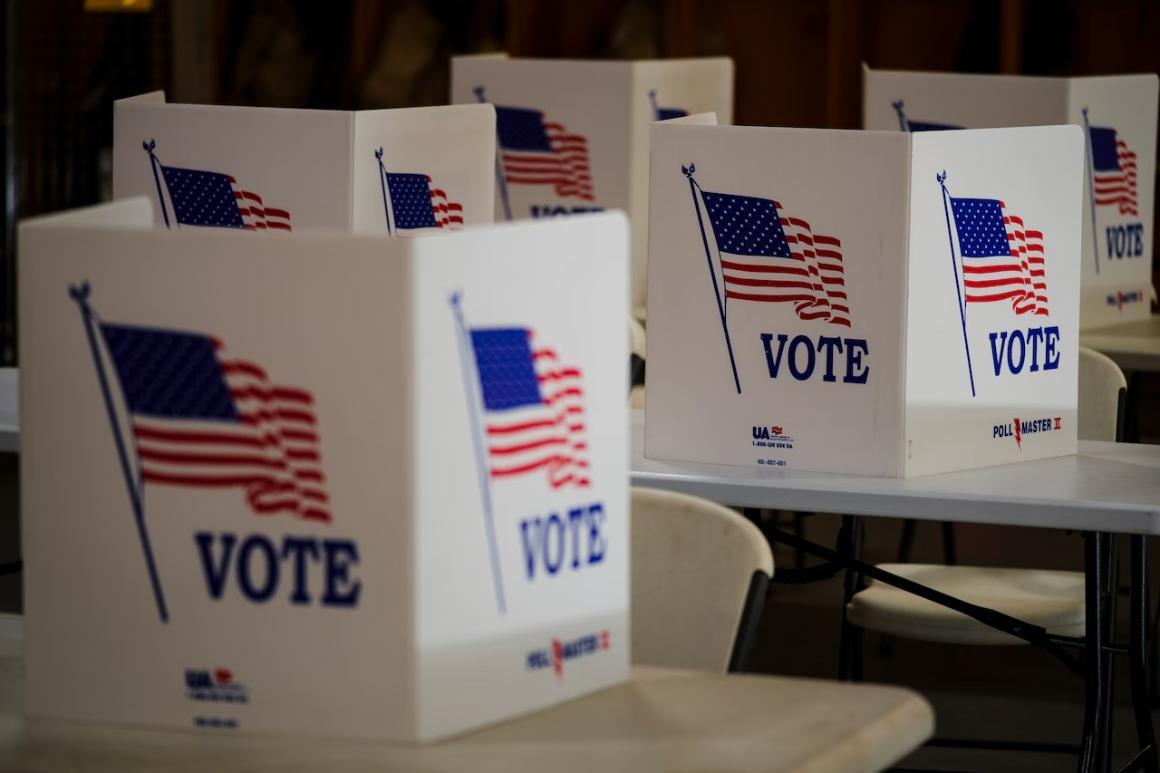Lawyers owe a duty of "zealous advocacy" on behalf of their clients. This is usually a convenient "duty." In the courtroom setting it means we can justify steps that help us win a case as not simply permissible, but required. Those steps sometimes pose serious ethical issues. It is our duty as a lawyer for a defendant we believe to be guilty of a heinous crime to raise alternative theories that are not simply tenuous but deeply embarrassing to other innocent individuals. In the recent case of the individual found guilty of murdering a 7-year-old neighbor, for example, the defendant's counsel suggested that the parents of the victim had a wild lifestyle involving drugs that could have provided a motive for a drug dealer to kidnap and murder their daughter. This defense caused immense pain to the grieving parents. It is quite a comfort to the defense lawyer in cases like this to be able to justify his or her actions as being compelled by legal ethics.
In the context of business clients, however, a similar duty of zealously protecting the client's interests can be inconvenient from the lawyer's perspective. The problem arises when an "outside" lawyer realizes that an officer of the company his or her firm represents may be engaged in fraud. ("In house" counsel plainly have a fiduciary duty to alert their superiors to the fraud.) A lawyer clearly cannot aid an ongoing fraud.
Yet counsel cannot alert law enforcement officials to the fraud, even if it is ongoing, unless it poses an imminent risk of serious physical injury. Such a risk is rarely present in the case of financial fraud. The issue is whether to notify the officer's superiors at the company of the fraud. (Where the CEO is behind the fraud, the issue is whether to alert the board of directors.) The dominant approach of the bar has been to deny that there is any ethical duty by outside counsel to notify the company about the fraud.
This is not a tenable position under general or legal ethical norms. The officer engaged in fraud, even if the officer is the CEO, is not the client. The company is the client and the outside attorneys owe their duty to the client. The evidence now abounds that it is critical to the interests of the company that it be alerted to evidence of fraud on the part of its officers. When outside counsel resign, without notifying the CEO or the board of directors of the improper acts by an officer that prompted the resignation, they are not providing adequate, much less zealous service on behalf of their client.
Why are outside counsel so reluctant to notify the company of misconduct by officers? There are three perfectly understandable reasons. First, the officer engaged in the fraud can often get the law firm fired, and "blowing the whistle" on the officer is a good way to get fired.
Second, companies frequently close ranks and defend fraudulent officers. The officer may have committed the fraud on behalf of the company. The fraud may have provided a financial benefit to the company. The company may consider the fraud too embarrassing and decide to cover it up.
Third, it is very difficult to prosecute white-collar crimes, and there is a serious risk that the prosecutors will not take the case or will fail to convict, even if the outside firm alerts the company to the officer's fraud and the company makes a criminal referral. The outside counsel may even be wrong about the officer being engaged in fraud. There could be an innocent explanation for circumstances that rationally appear highly incriminating. In any of these cases there is the chance that the officer will appear (or actually be) vindicated. The officer may then sue the outside law firm for slander and libel.
These are all rational bases for not wanting to zealously guard the client's interests - but that's the point. Where zealous advocacy of the client is in our interest as lawyers, we embrace it and flourish it like a banner whenever we are attacked. Where zealous defense of a client's interests would be contrary to our interests, we shirk it. That is situational ethics at its worst.
Ethics Center Visiting Scholar William K. Black is assistant professor at the LBJ School of Public Affairs, University of Texas at Austin. He was director of litigation for the Federal Home Loan Bank Board.



